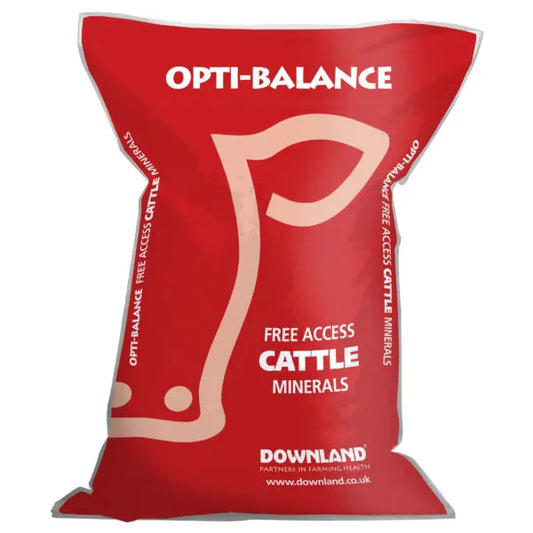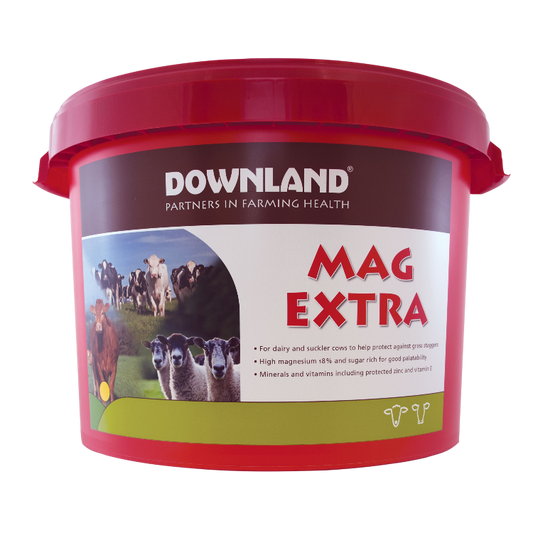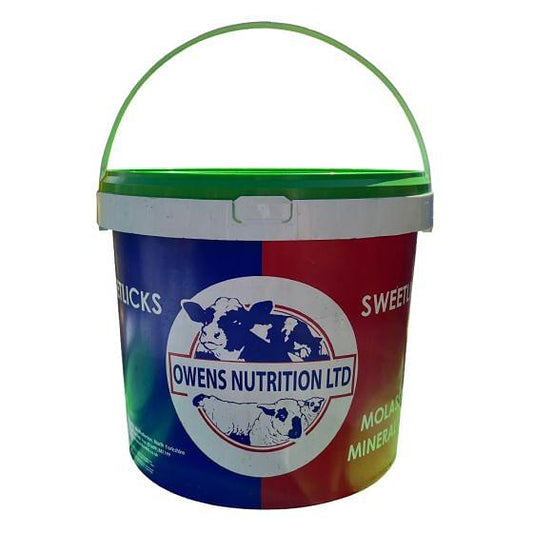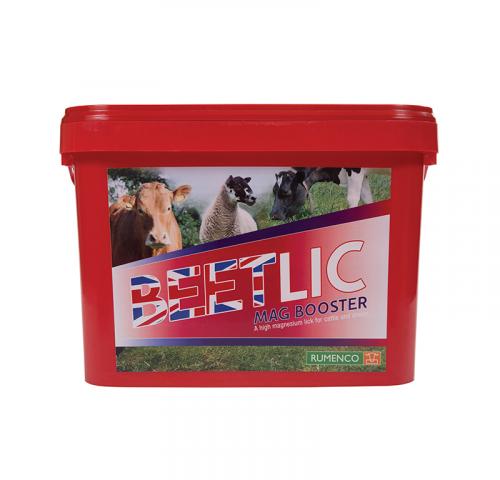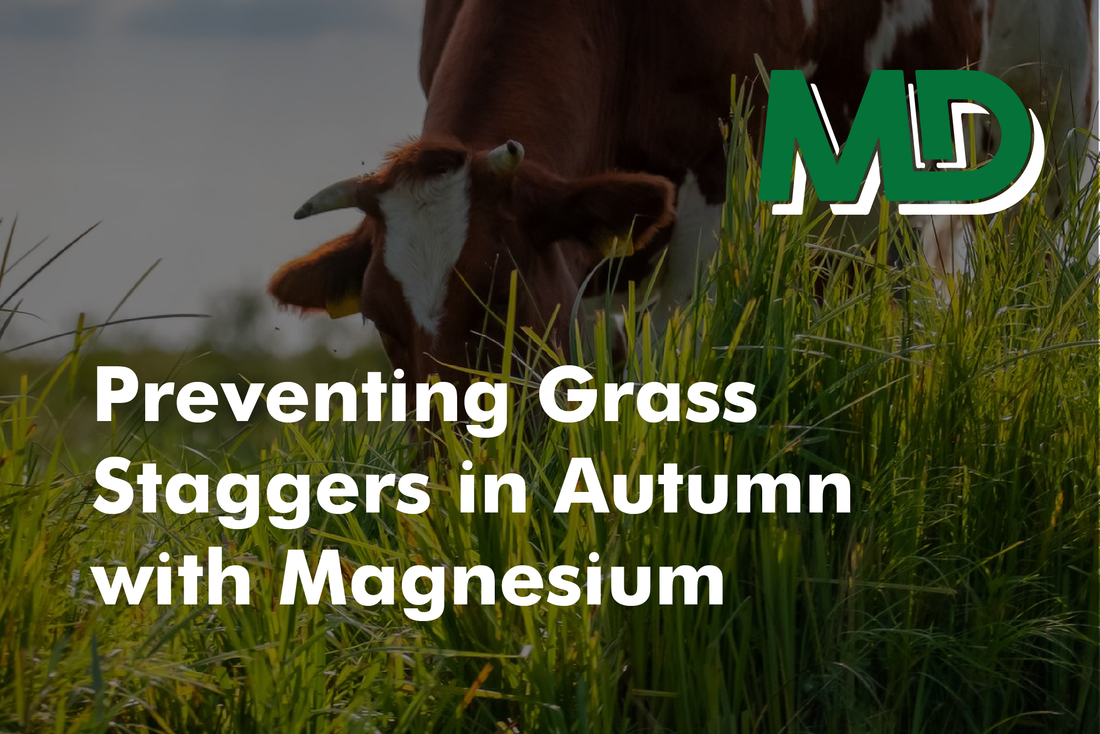
Share
As autumn approaches, farmers and small holders need to prepare their livestock for seasonal challenges. One of the challenges that can affect grazing animals during this time is grass staggers. This condition is caused by a lack of magnesium in the animal's diet, and it can lead to serious health complications or even death. Fortunately, there are great ways to prevent grass staggers, and magnesium is one of the best solutions out there. In this blog post, we'll explore why magnesium is important, how it works, and which magnesium supplements are the most effective in preventing grass staggers.
Recent record-breaking rainfall has brought about concerns regarding an increased risk of grass staggers in the upcoming months. It's important for farmers to assess the potential risk to their livestock and take necessary precautions. Taking preventive measures beforehand is always preferable since grass staggers, also known as hypomagnesaemia, can have devastating consequences. This condition occurs when blood magnesium levels drop below the critical threshold, despite magnesium being present in the skeleton.
Magnesium is an essential mineral that is needed for normal bodily functions in both humans and animals. It is responsible for over 300 biochemical reactions in the body and plays a crucial role in maintaining healthy bones, muscles, and nerves. Cows rely on magnesium intake in their diet to maintain a regular supply, which can be affected by the wet weather. Lush, high-moisture grass with low magnesium content, combined with increased ruminal pH, can inhibit magnesium absorption.
One of the ways in which magnesium helps prevent grass staggers is by regulating the absorption and metabolism of calcium. Without enough magnesium, calcium can build up in the bloodstream and lead to problems such as muscle spasms, tremors, and convulsions. Dairy and suckler cows at grass during high magnesium demand are particularly at risk. Low magnesium levels can lead to tremors, excitability, and muscle contractions. Acute cases are veterinary emergencies that can be fatal. Subclinical cases, with no or limited signs, can affect productivity in terms of milk production, fertility, and growth. To mitigate the risk, it is crucial not to delay magnesium supplementation and to assess the factors that contribute to the risk. Magnesium supplements are available in various forms to suit different farm situations.
At Meirion Davies, we stock a range of magnesium supplements available for cattle that can be added to their diet. These include Downland Opti-Lix Cattle Magnesium, Downland Mag Extra, Crystalyx Cattle High Mag and Owens Sweet Mag, all of which are molassed trace element lick buckets. Other variations of magnesium products include Downland Opti-Balance Cattle Extra Mag which comes in the form of free access minerals. As these supplements come in different forms and have varying levels of magnesium content, it's essential to choose the right one for your cattle depending on their needs and diet. Our team at Meirion Davies will be able to answer any queries you may have and help recommend the right product for you and your herd.
In conclusion, preventing grass staggers in cattle is crucial for their health and wellbeing. Magnesium supplements can help ensure that your cattle get the right amount of this essential mineral, and there are several options available to choose from. By supplementing your cattle's diet with magnesium, you not only reduce their risk of developing grass staggers, but you also enhance their overall health and performance. Don't wait until it's too late – start supplementing with magnesium today. Your cattle will thank you for it!

